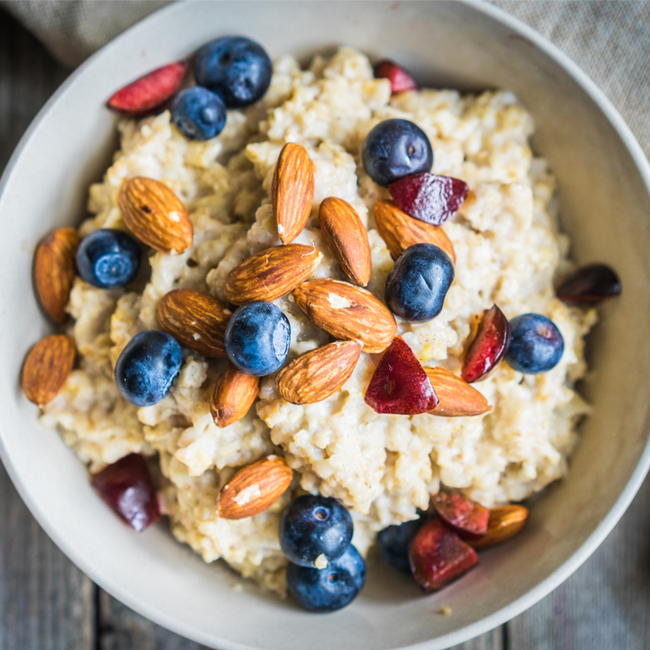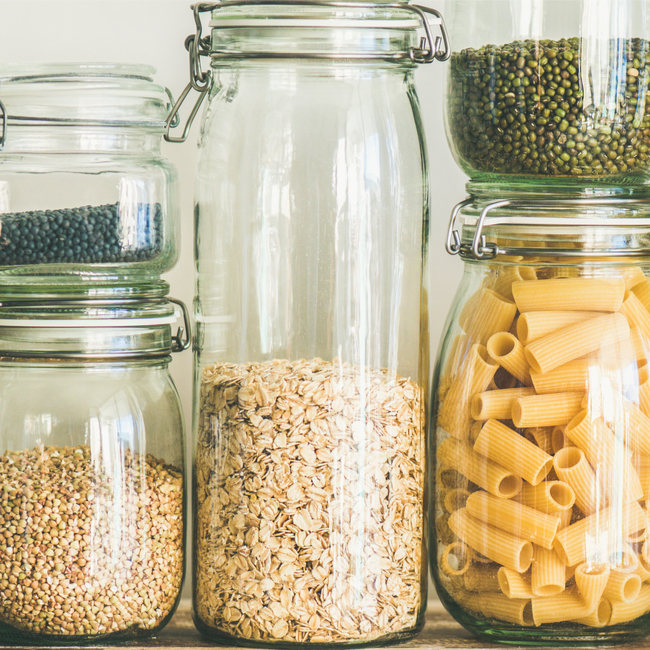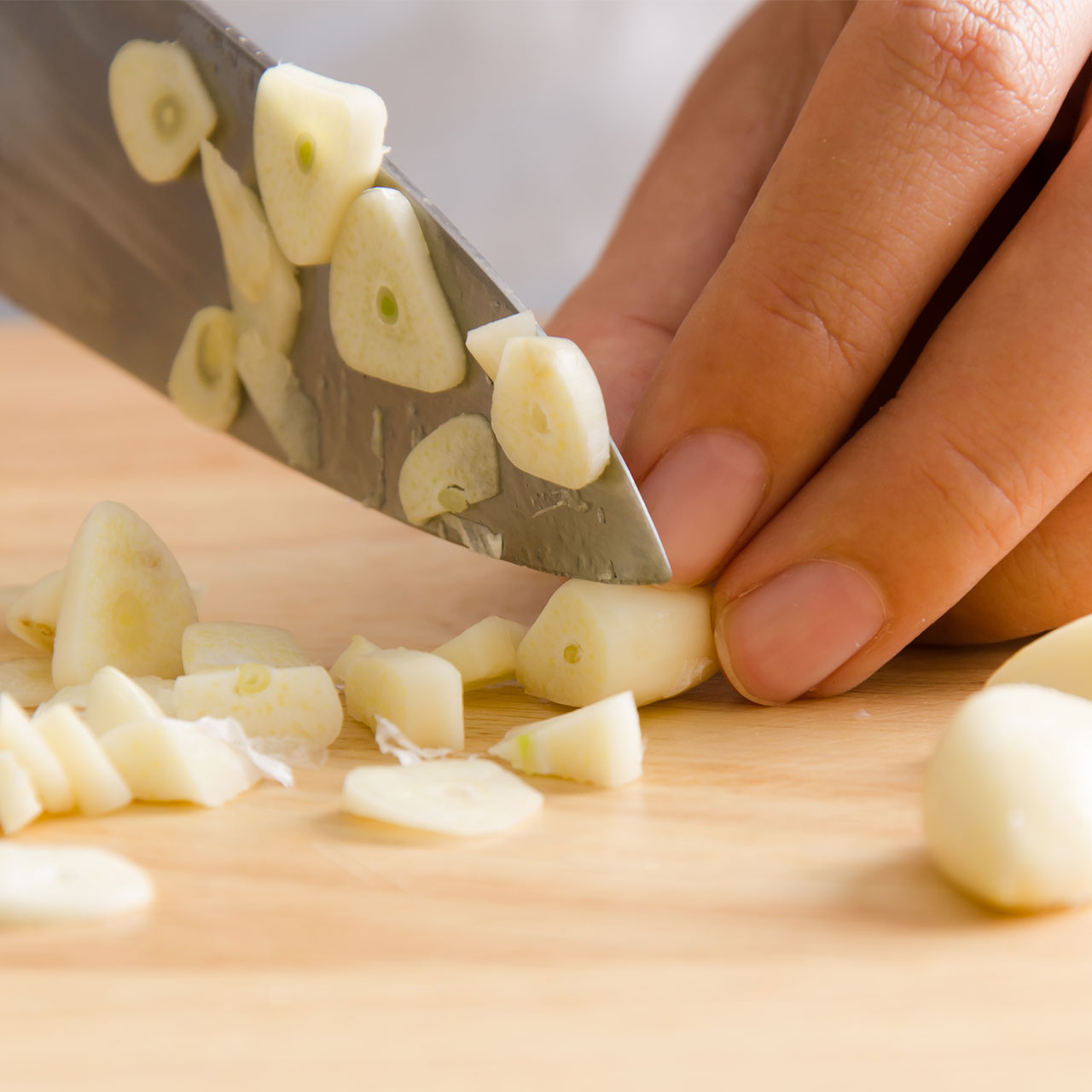This is an archived article and the information in the story may be outdated. Please check the time stamp on the story to see when it was updated last.
Although not one of the primary macronutrients considered vital for a healthy diet, fiber is an important subsection of carbohydrates which increases satiety in the body, keeping you full and effectively reducing overeating so that you can maintain a calorie deficit for weight loss. Unable to be digested by your stomach, fiber then moves to the colon which can help to boost your metabolism as your body works harder to burn through these particular carbs.
Essential for healthy weight loss, fiber can be easily consumed through a variety of fruits, vegetables, and whole grains, making it a staple in any diet in order to feel great in your body. Looking to lose weight with ease? According to registered dietitian Jay Cowin, NNCP, RNT, RNC, CHN, CSNA, nutritionist Heather Hanks, and Kimberly Marsh, MS, RD, fiber may just be the solution you’ve been looking for to achieve visible results without dieting.


The efficacy of your metabolism is one of the defining factors for how easily you’ll be able to lose weight. With a faster metabolism your body will burn through fat more quickly, making it easier to maintain a calorie deficit so that you can continue to eat an adequate amount of food while still maintaining or losing weight, depending on your goal. You can increase the speed of your metabolism through a number of methods, but one of the best is by prioritizing nutrient dense foods, particularly fiber, to force your body to work harder to burn fat.
“Fiber helps boost your metabolism by favorably altering your microbiome, reducing inflammation, and regulating the immune response. It also helps promote satiety to keep you full so you eat fewer calories and reboots a sluggish digestive system to purge toxins,” explains Hanks.
Some of the best sources of fiber that you can include in your diet are fruits and vegetables, but whole grains and legumes are also excellent for providing your body with added antioxidants as well. According to Cowin, between 25 and 30 grams of fiber per day is ideal for keeping your digestion regular and boosting your metabolism, but exceeding this number can bring about uncomfortable side effects such as bloating and gas.
In order to curb this issue, Cowin suggests slowly increasing your fiber intake to allow your body to adjust to the influx of nutrients you’re feeding it, reducing discomfort while maintaining the health benefits. Marsh also suggests drinking more water as you integrate a higher fiber content into your diet as this will allow the food to move more easily through your digestive system.

Not only can fiber help to increase your metabolism, but it’s also quite effective at keeping you full for longer periods as well, making it easier to control your habits and reduce eating in excess. “Fiber is bulky, and you feel full as your stomach stretches. When you eat foods with fiber, they stretch out your stomach faster, making you feel fuller,” explains Marsh. “Our body cannot digest fiber, but the body works hard trying to. Fibrous foods stay in your digestive tract longer as your body tries to break it down, keeping you feeling full.”
When eating fiber rich carbs such as fruits, veggies, and whole grains, these nutritious ingredients will satisfy your cravings and allow you to cease snacking in between mealtimes, effectively reducing your calorie intake without depriving your body or depleting your energy stores.
A diet rich in fiber is essential for weight loss and is just another reason why carbs are not the enemy and rather an important addition to your eating habits, even as you work to lose weight. Naturally boosting your metabolism for increased fat burn, promoting healthy weight loss and satiety within the body, and improving digestion to keep things moving through your system, dietitians agree that fiber is undoubtedly an asset to any diet regardless of whether or not you’re working to lose weight.
Try adding a fruit or vegetable to each meal, or swapping out your white carbs for whole grains, and you’ll find that your body will naturally respond to these changes by allowing you to feel more fulfilled after your meals, promoting weight loss that doesn’t hinge on deprivation.


























